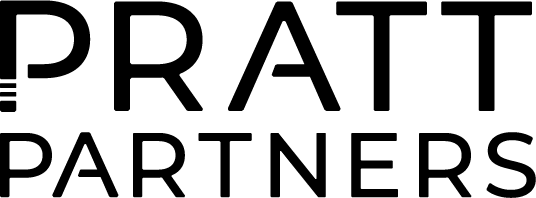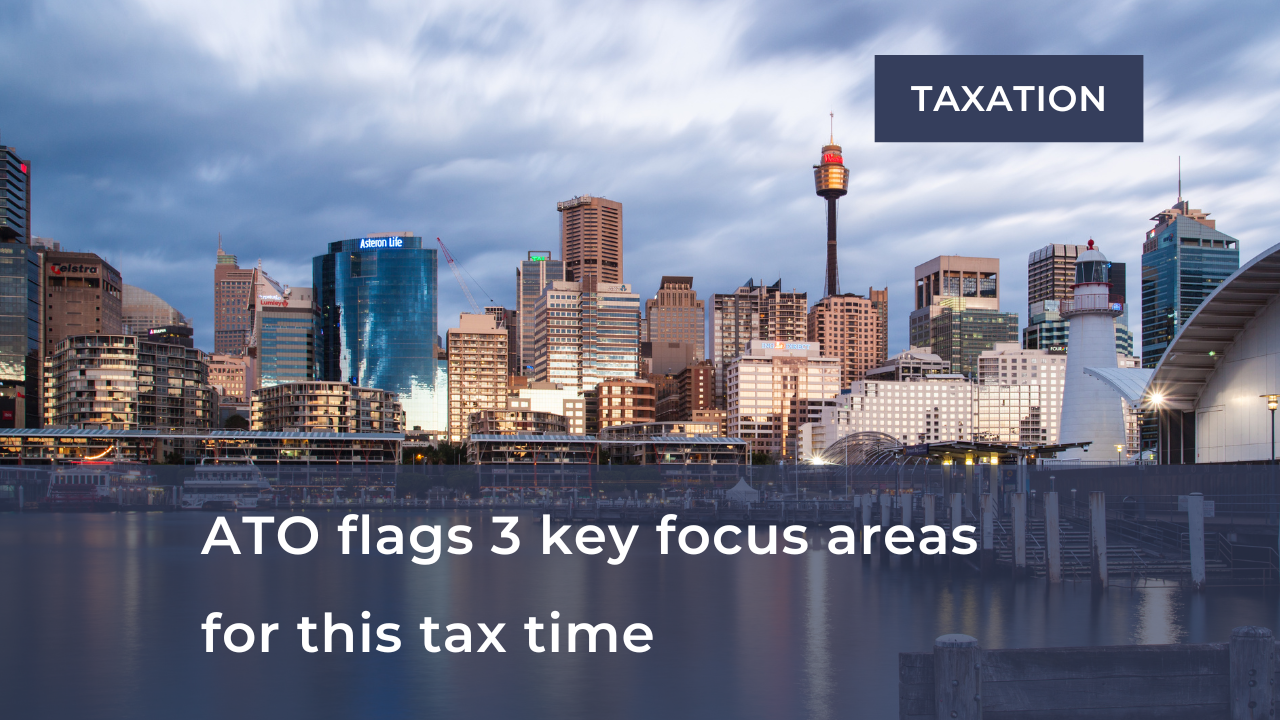Three ATO focus areas for tax time
With the end of the income year closing in fast, the ATO has announced three of its key focus areas for tax time.
Last year, more than 8 million taxpayers claimed a work-related deduction with around half of these claiming deductions when working from home. It is not surprising that work-related expenses are firmly in the ATO’s sights.
For individual clients who are working from home, two options are available for claiming deductions on home running expenses. They can either claim deductions based on their actual expenses or adopt the ATO’s revised fixed rate method which uses a rate of 67 cents per hour worked from home.
The revised fixed rate method was only introduced last year, which is why the ATO is reminding taxpayers that certain records still need to be kept while using this method.
For those using the revised fixed rate method, they must keep a record of all the hours they have worked at home during the year (for example, a calendar, diary or spreadsheet) and remember that estimates are no longer sufficient. A record of each relevant running expense (such as an electricity bill) must also be kept.
For clients earning rental income, rental properties remain a key ATO focus area. The ATO is checking for mistakes being made when claiming deductions for repairs and maintenance.
While genuine repairs and maintenance on a rental property can often be claimed as a deduction immediately, the ATO’s warning is that a distinction needs to be made for improvements. Improvements on rental properties could only be claimed normally over time as depreciation deductions or under the capital works rules (rather than as an upfront deduction).
The other warning is that initial repairs to fix problems that existed at the time of purchasing the property (such as repairing a newly purchased property) are also not immediately deductible.
Lastly, the ATO is recommending taxpayers to not rush to lodge their tax return in early July before pre-fill data is available. This can be especially relevant for clients with multiple sources of income and for example, receive interest from banks, dividend income and payments from other government agencies, as well as those that rely on data from private health insurers.
This is because it is easier to make mistakes when the tax return is not pre-filled. The ATO indicates that most individual taxpayers should have pre-fill data available by the end of the July.
More Information
BE THE FIRST TO KNOW
Subscribe to receive future reports.
Complete the form below to receive timely and insightful information directly to your inbox. Make sure you never miss an update.

